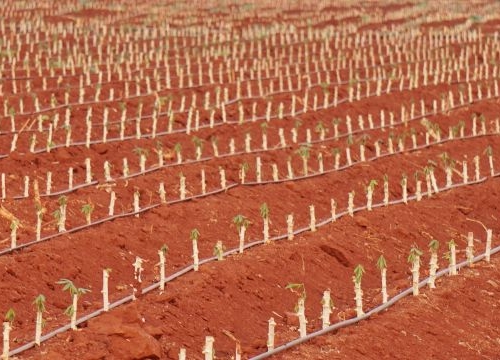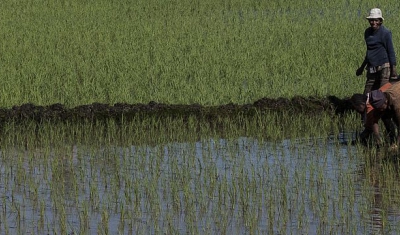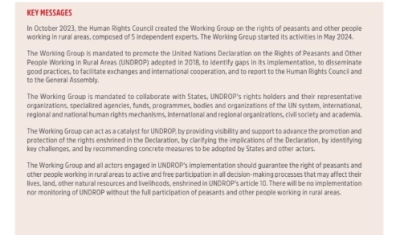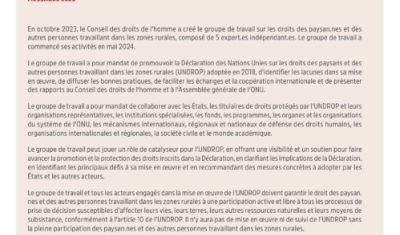Agricultural Commercialisation, Gender Equality and the Right to Food. Insights from Cambodia and Ghana
Event


© Chumphon_TH / Shutterstock.com
This online event marks the launch of the book Agricultural Commercialization, Gender Equality and the Right to Food, the outcome of the Demeter (gender, food, land) longitudinal research study on gender equality and the right to food in agrarian Cambodia and Ghana.
Agricultural commercialisation, involving not only the shift to selling crops and buying inputs but also the commodification of land and labour, has always been controversial. Strategies for commercialisation have often reinforced and exacerbated inequalities, been blind to gender differences and given rise to violations of the human rights to food, land, work and social security. While there is a body of evidence to trace these developments globally, impacts vary considerably in local contexts.
Authored notably by our Senior Research Fellow Dr Christophe Golay and our Associate Research Fellow Dr Joanna Bourke Martignoni, this book systematically considers these dynamics in two countries, Cambodia and Ghana. Profoundly different in terms of their history and location, they provide the basis for fruitful comparisons because they both transitioned to democracy in the early 1990s, made agricultural development a priority, and adopted orthodox policies of commercialisation to develop the sector. Chapters illustrate how commercialisation processes are gendered, highlighting distinctive gender, ethnic and class dynamics in rural Ghana and Cambodia and the different outcomes these generate. They also show the ways in which food cultures are changing and the often-problematic impact of these changes on the safety and quality of food. Specific policies and legal norms are examined, with chapters addressing the development and implementation of frameworks on the right to food and land administration.
Overall, the volume brings into relief multiple dimensions shaping the outcomes of processes of commercialisation, including gender orders, food cultures, policy translation, national and sub-national policies, corporate investments and programmes, and formal and informal legal norms. In doing so, it offers insight not only on our case countries, but also provides proposals to advance rights-based research on food security.,
Moderator
- Joanna Bourke Martignoni, Geneva Graduate Institute and Geneva Academy
Presenters
- Fenneke Reysoo, Geneva Graduate Institute
- Promise Eweh, University of Ghana
- Muy Seo Ngouv, Royal University of Law and Economics, Cambodia
- Dzifa Torvikey, University of Ghana
Discussant
- Carolyn Sachs, Professor Emerita, Penn State College of Agricultural Sciences
Video
Book Launch Agricultural Commercialization, Gender Equality and the Right to Food
Watch or re-watch the online book launch co-organized with Demeter of the book: Agricultural Commercialization, Gender Equality and the Right to Food.
Authored by our Senior Research Fellow Dr Christophe Golay and our Associate Research Fellow Dr Joanna Bourke Martignoni.
The book details the outcome of the Demeter (gender, food, land) longitudinal research study on #genderequality and the right to food in agrarian Cambodia and Ghana.







